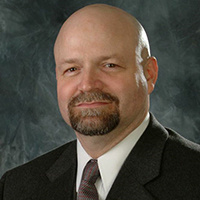Houston DUI-DWI Lawyer, Alaska
Sponsored Law Firm
-
 x
x

Click For More Info:
-
Dan Allan & Associates
800 E Dimond Blvd Suite 3-620 Anchorage, AK 99515» view mapCriminal Defense More Than Just A Law Firm
At the Law Offices of Dan Allan and Associates, we believe in helping our clients get rid of some the stress their facing.
907-344-8851
Steven J. Priddle
✓ VERIFIEDCriminal, Child Custody, Divorce & Family Law, DUI-DWI
Attorney Priddle has extensive experience representing clients in a variety of DUI, domestic violence and divorce cases. As a DUI attorney, a criminal... (more)
Rex Lamont Butler
Mass Torts, Federal, DUI-DWI, Criminal, Constitutional Law
Status: In Good Standing
James A. Farr
Traffic, White Collar Crime, DUI-DWI, Criminal
Status: In Good Standing Licensed: 43 Years
 Daniel Allan Anchorage, AK
Daniel Allan Anchorage, AK Practice AreasExpertise
Practice AreasExpertise

